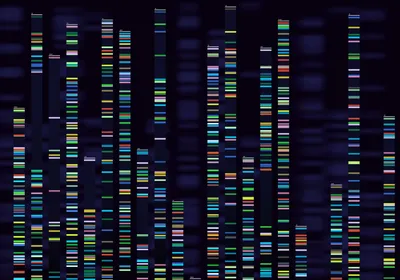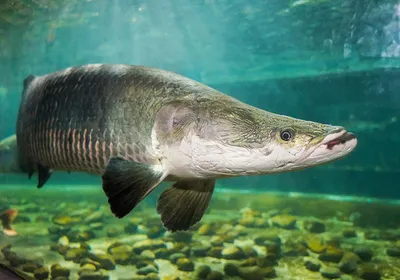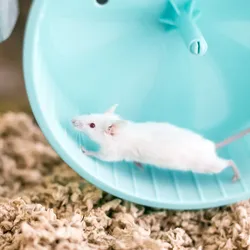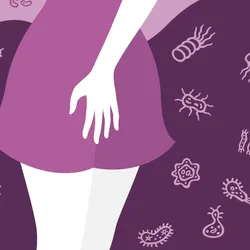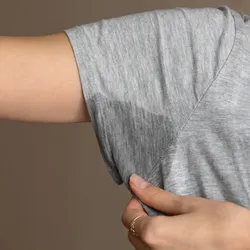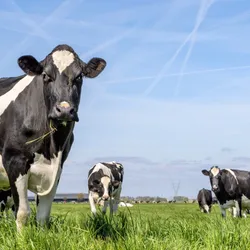microbiome
Trending

How a Forensic Biologist Exposed a DNA Lab Scandal That Shook Australia
After reviewing DNA evidence from a cold case murder, Kirsty Wright uncovered systemic flaws and deception in a forensics laboratory in Queensland, Australia.

The Federal Government’s Research Innovation Lifeline Has Gone Dark
Congressional inaction has led to the expiration of the federal government’s SBIR/STTR program, cutting off a biotechnology lifeline.
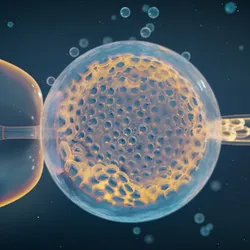
Genetic Basis of Aneuploidy, Which Often Causes Pregnancy Loss, Revealed
Studying over 100,000 embryos revealed genetic factors behind chromosome segregation issues that lead to aneuploidy, informing future risk screening and intervention.

Universe 25 Experiment
A series of rodent experiments showed that even with abundant food and water, personal space is essential to prevent societal collapse, but Universe 25's relevance to humans remains disputed.
Multimedia

Advancing Drug Discovery with Complex Human In Vitro Models
In this half-day virtual summit, a series of presentations will explore the scientific, regulatory, and operational factors impacting the use of in vitro NAMs in drug discovery.


Redefining Immunology Through Advanced Technologies
In this webinar, scientists will discuss innovations that are unlocking new insights into immunity.

